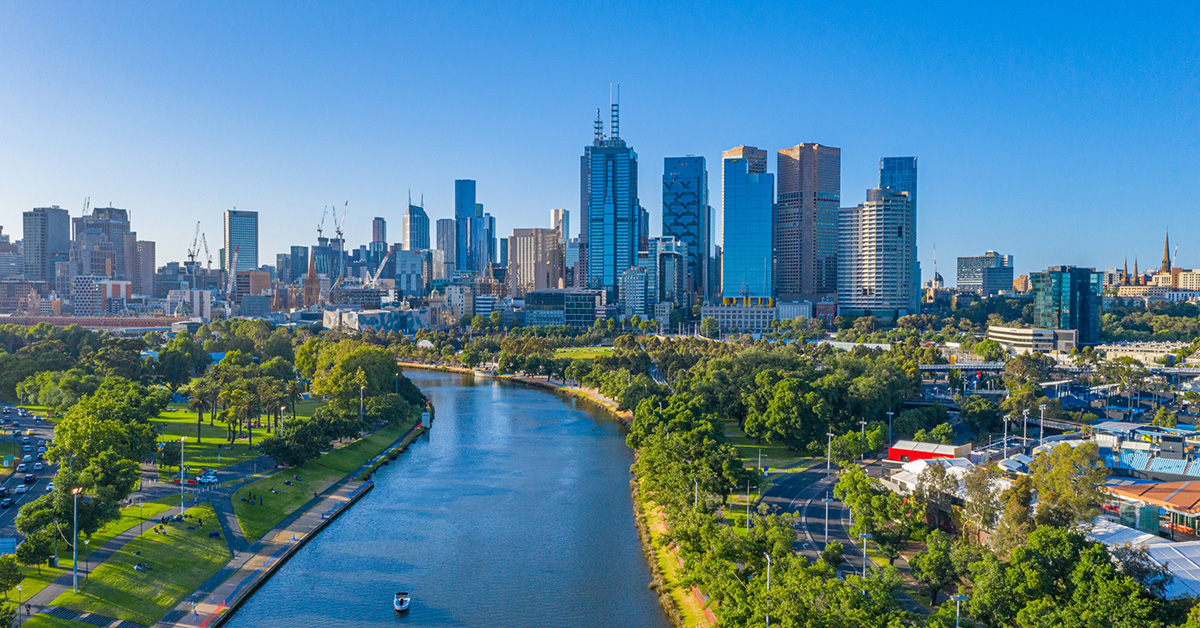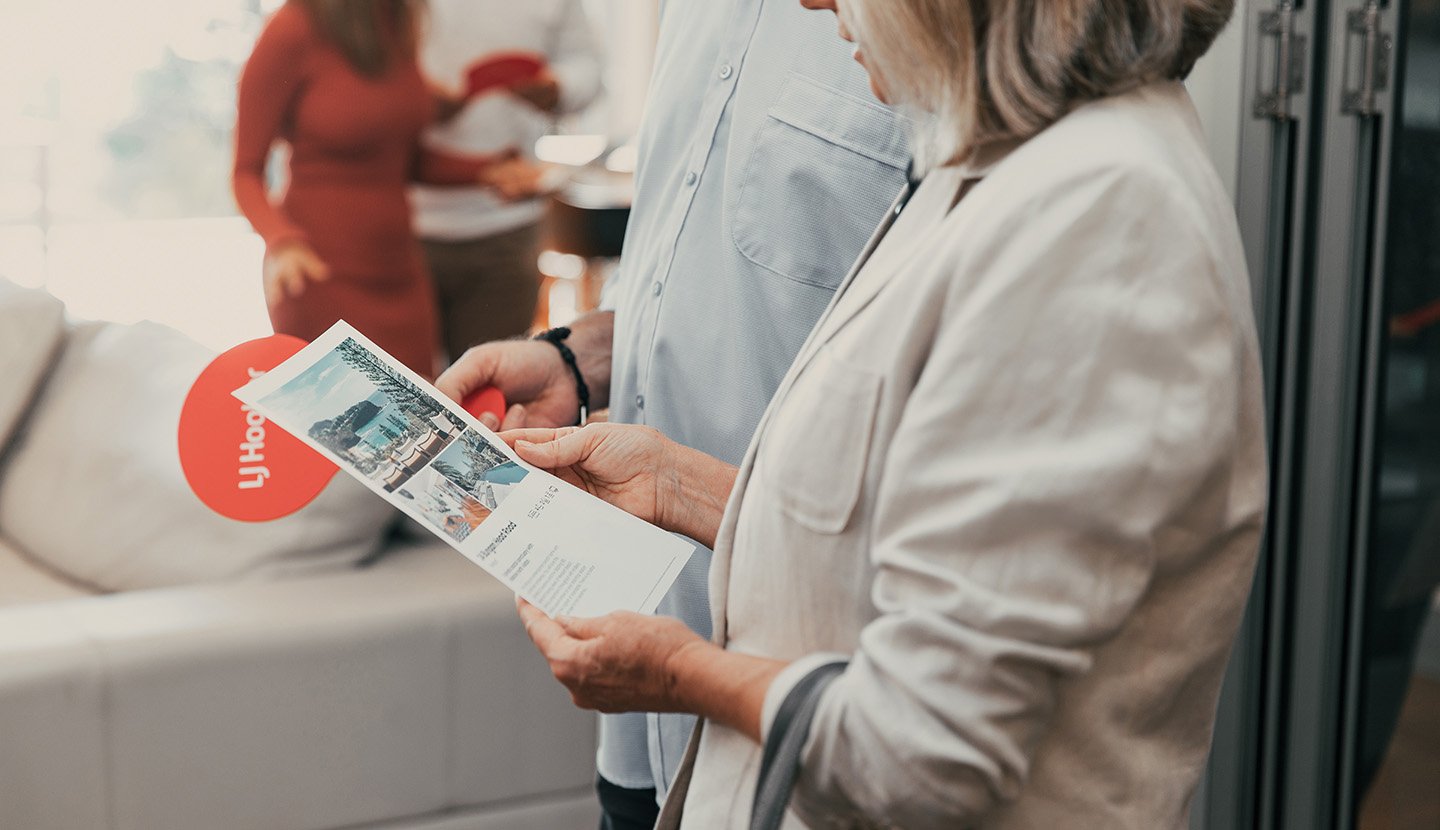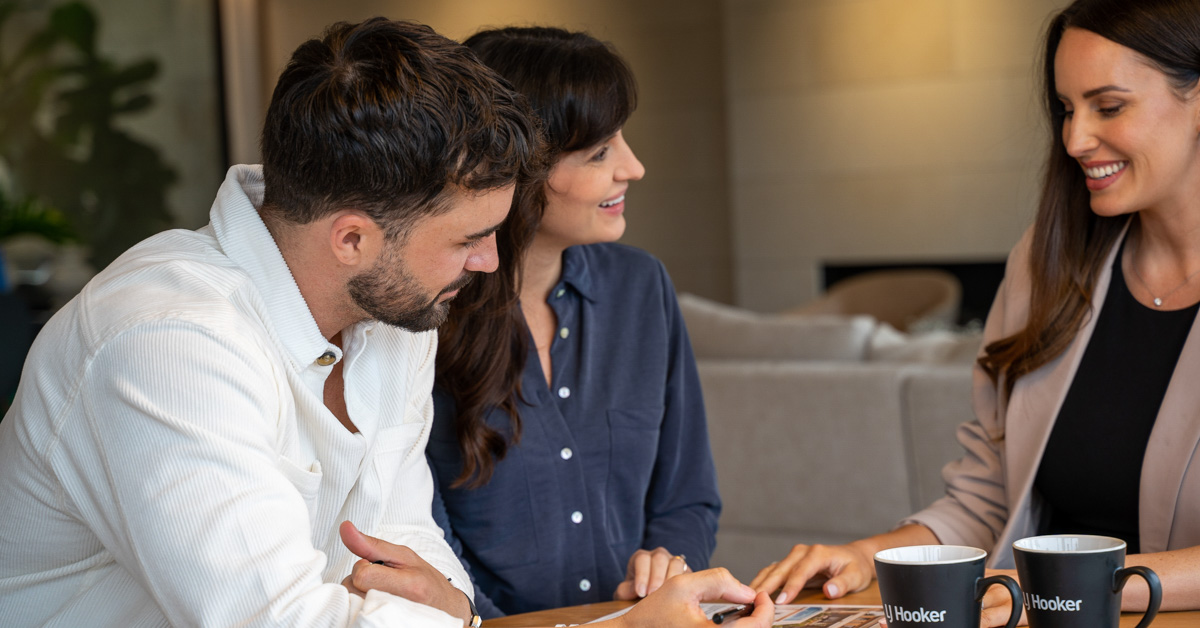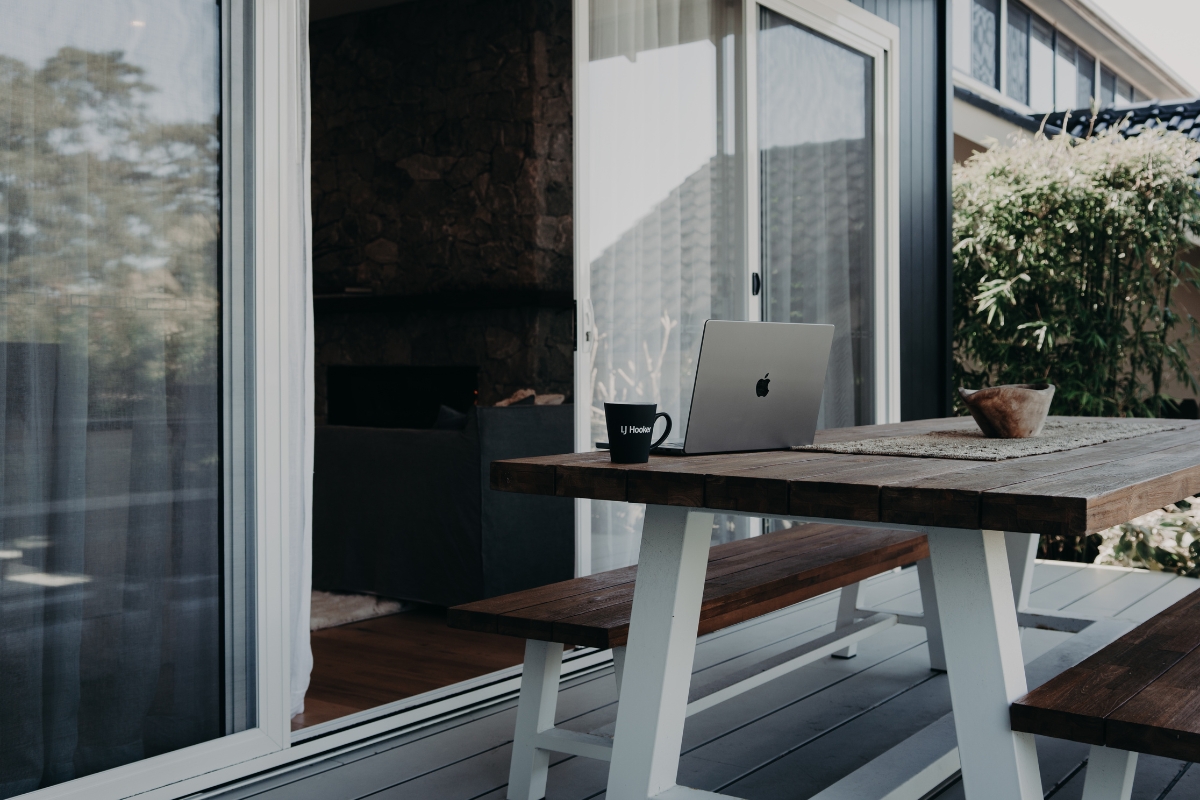Buying Real Estate in Victoria
All you need to know when buying a home in Victoria
Buying property in Victoria is a great move. Whether you are buying for an owner-occupied residence or as an investment property, there are a number of processes and a lot of legislation to keep in mind when planning on getting into the right place for your requirements.
Following a our guide below to finding the right house for your needs is a great place to start - here is what you need to know.
How can you buy property in Victoria?
There are several different ways to buy property in Victoria, and it is important to understand each of these before you move forward with the process.
Private Treaty
A Private Treaty sale is the standard residential property transaction across the country. This is when the vendor, sets the price they would like to sell the property for. From there, your real estate agent negotiates individually with prospective buyers to achieve a sale as close to this price point as possible.
Buying at Auction
An auction is a single event, as opposed to private treaty which is an ongoing process. There is a reserve price at auction, which is essentially the minimum the home will sell for - if bids surpass the reserve and you are the highest bidder, you have to sign the contract right there and then along with delivering a 10 per cent deposit.
Buying by Tender
Buying Victorian property by tender is a process wherein you submit an offer, usually accompanied by a 5 or 10 per cent deposit, and it is accepted or rejected by the vendor. Tenders must be submitted by a certain date, and the vendor is under no obligation to accept any offers.
You should also include any conditions for the sale, such a building or pest inspections, in your offer.
Buying off the plan
When you buy property off the plan, you are paying for something that is yet to be built - normally an attached property or apartment in a block. The home can end up slightly different from what you were told. However, it does offer you a lower price point than many other properties.
For more detailed information on different ways to buy Victorian property, Consumer Affairs is an excellent resource.
Financing a property purchase in Victoria: how much can you afford?
The next step is understanding how much you can afford. A deposit is usually 10 to 20 per cent of the purchase price, depending on loan value ratios (LVR) on offer from your lender.
Now is a good time to talk to LJ Hooker Home Loans, as they can help you create a budget and give you an understanding of how much you will be able to borrow. Getting expert advice on the right kind of mortgage can make all the different to your long-term budgeting. Getting loan pre-approval is also recommended.
Hidden costs of buying Victorian property
There are many costs, both large and small, that will impact your decision to buy Victorian property.
- In Victoria, stamp duty scales with the overall amount you pay for a piece of real estate. For property worth $300,000, stamp duty will be $12,361 - this includes mortgage fees of $114 and a $877 transfer fee. For a $600,000 home, stamp duty is significantly higher - $32,553 including the aforementioned fees.
- The more expensive a home is, the more your stamp duty will be. There are also many further one-off costs:
- Land tax payable at 31 December every year: ($775 on a $500,000 property)
- Legal fees for solicitors and conveyancers, which will be between $1,500 and $3,000
- Loan application fees which can be up to $1,000 (lenders may sometimes waive these)
- Building and pest inspections (between $400 and $1,000 depending on your location)
- Valuation fees (allow for $300-$500)
- The Fire Services Property Levy
- Growth Areas Infrastructure Contribution, depending on where you live
- Moving costs (between $500 and $3,500 depending on the distance)
- Council rates and strata fees once settlement is completed (allow for $500 to $800)
- Registration of title (can be over $1,300 on a $500,000 home)
- There are many hidden costs along the way. Use the services of a professional real estate agent at LJ Hooker to help you understand the full spectrum of costs. LJ Hooker Home Loans can also help you understand the costs associated with a mortgage, as well as the specific loan fees and terms that will impact you.
The Victorian buying process
Negotiating by private treaty
If you have found a property you like, make an offer to the selling agent and you can enter negotiations either on your own, or with the help of a professional buyers' agent - LJ Hooker has a wealth of experienced agents you can speak to.
You can negotiate conditions of the sale (subject to inspections, for example), how much you will pay, and details about the settlement period. If you reach an agreement with the vendor or their agent, you can exchange contracts of sale and pay them the 10 per cent deposit, and have a three business day cooling off period in which you can renege on the sale.
Buying at auction
Before you attend an auction with the intent of buying, you should inspect the property yourself, or at least have a buyer's agent do so on your behalf. If a seller has decided to accept pre-auction offers, then you can still make a bid before the property goes under the hammer, and the settlement process is the same as with a private sale.
Once the bidding starts, if you are the highest bidder above reserve then the exchange of contracts and deposit payment will occur immediately, beginning the settlement period. If it does not go above reserve, you may enter negotiations with the vendor or their agent.
Contracts of sale
Through either method, you and the vendor will exchange and sign contracts of sale, which include the following:
- Details of the property, the buyer and the seller
- Details of any agents and solicitors involved in the transaction
- The price paid, the deposit amount, and the amount owing on the date of settlement
- Particular conditions, such as subjection to loan pre-approval
Before this exchange, ensuring the property details are accurate can save you time and money in the long run.
Settlement
Settlement of a property usually takes between 30 and 90 days. Upon the settlement date, the transfer of title officially occurs, you pay the remainder of the balance owing on the home, and officially take possession of the property - congratulations!
For any further queries about how to buy Victorian property, get in touch with your local LJ Hooker representative.




